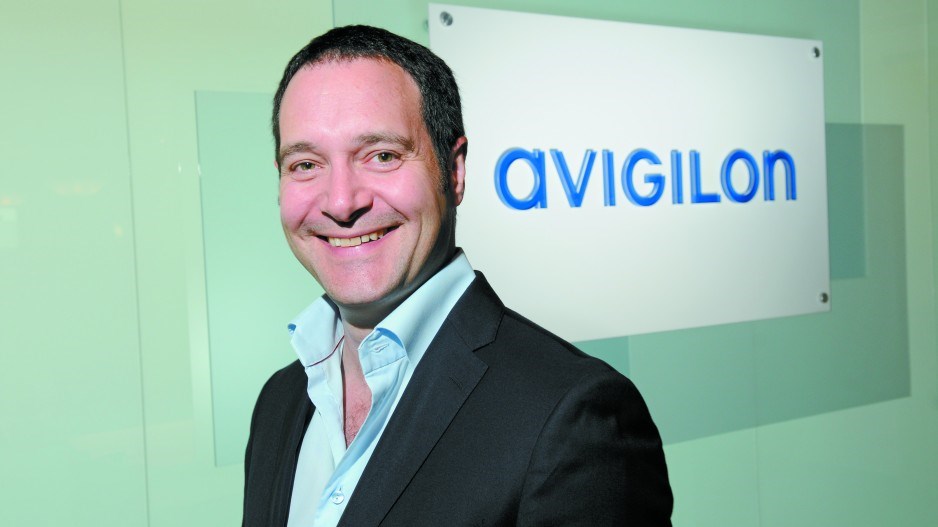When Vancouver's Avigilon (TSX:AVO) needed a new chief operating officer earlier this year, the tech company did not limit its scope to the West Coast talent pool.
The high-definition surveillance video manufacturer promoted a six-year veteran of the company who was working in the global sales office in Dallas, Texas.
And the company kept him there.
There was no need for the second-in-command at one of Canada's fastest-growing companies to leave the Lone Star State, according to Avigilon founder and CEO Alexander Fernandes.
“We're on the same computer network, we're hooked up through our video conferencing, we meet up on a regular basis at various trade shows, so we're adept at running essentially a virtual organization,” he said.
Fernandes said the solution was born out of necessity due, in part, to Vancouver's corporate identity, or lack thereof.
“At the entry level and the middle-management level, there is actually a sizable talent pool [in Vancouver],” he said. “But where the talent pool gets thin is at the more senior level.”
B.C. was home to 11.3% of the corporate headquarters and 7.4% of head office employees in Canada in 2012, according to Statistics Canada.
In contrast, energy-rich Alberta had 14.2% of Canada's headquarters and accounted for 17.9% of the country's head office employees. Ontario led the way with 40% of the country's corporate headquarters and 41.9% of head office employees. Meanwhile, a 2011 report from the Fraser Institute calculated Vancouver had two corporate headquarters per 100,000 people as of 2010. That's a drop from 1990, when there were 2.8 corporate headquarters per 100,000 people.
Calgary, however, had six head offices per 100,000 people and Toronto had three.
Fernandes said the lack of big companies headquartered in Vancouver means there are fewer top-level executives with global experience to pick from.
Coming up with creative ways to get around that problem becomes necessary when the most qualified person doesn't necessarily wish to leave a bustling metropolis like Toronto for a smaller city like Vancouver.
It's a trend that has also proven popular for smaller tech companies trying to hire some of the world's top talent.
Hootsuite recruited its new chief technology officer from Groupon's office in Seattle – one of North America's biggest technology hubs.
Ajai Sehgal still lives in the suburbs of Seattle but he travels up to Vancouver for a few days at a time and telecommutes the remainder of the week. And when Telus (TSX:T) replaced outgoing CEO Darren Entwistle with Joe Natale in the spring, the Vancouver-based company allowed Natale to remain based in Toronto.
But the passing of the torch at Telus included creating the new position of executive chairman for Entwistle. The ex-CEO is involved in overseeing the company's operations as well as guiding its strategy.
Telus chief corporate officer Josh Blair said the transition has gone “very well” and the two top executives have worked closely since Natale assumed the role of CEO in May.
“With an executive team spread across the country that's very deep … it really is an important part of our success,” he said.
But in terms of developing more corporate headquarters on the West Coast to deepen the pool of executive talent, Fernandes said it's an uphill battle for Vancouver.
“In other parts of the world where there is more of a business culture, people are simply willing to make more sacrifices in order to be successful,” he said.
Furthermore, the founders of local firms like PNI Digital, Paperny Entertainment and Coastal.com have all sold off their businesses over the past six months. The Vancouver offices are still operating but now function as subsidiaries.
“I get offers all the time for people to buy the business, but it's simply not that interesting to me because I'm not interested in just kicking back and retiring,” Fernandes said.
“When the founders [of startups] here make enough money that they can basically kick back, buy a sailboat and go golfing, that's what a lot of them do.”




